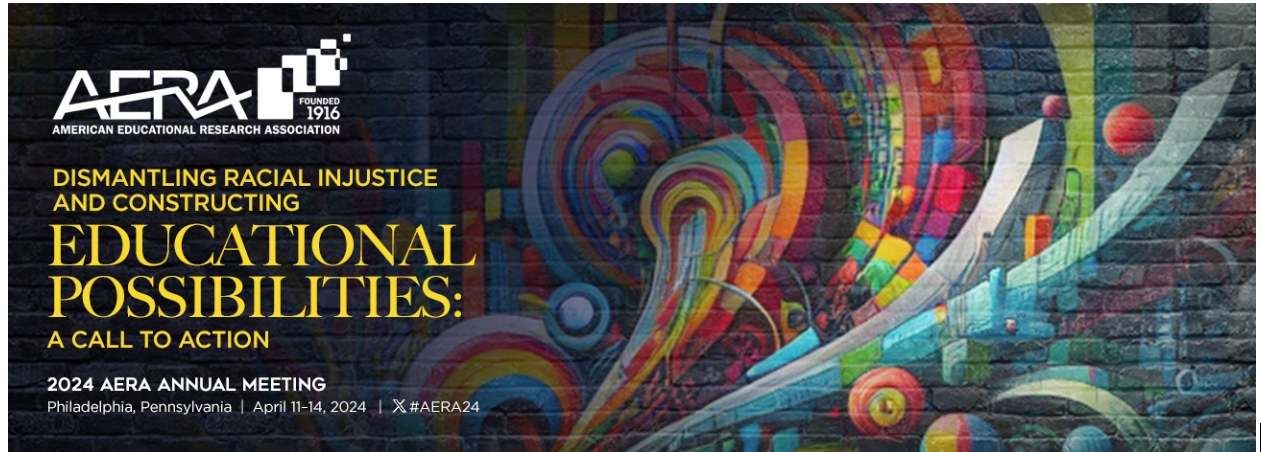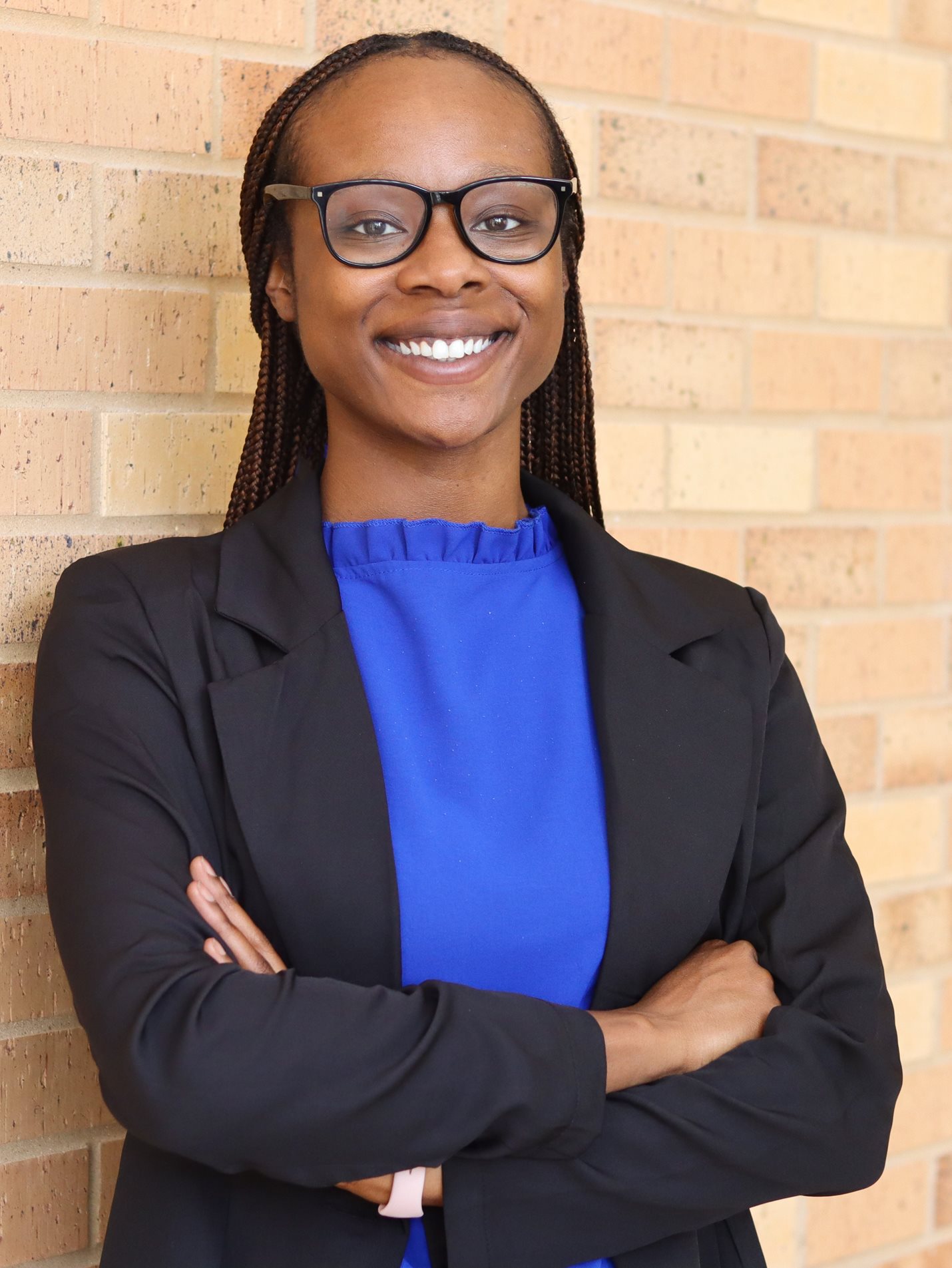April 2024

Reflections on Navigating AERA: Graduate Student Style
By Aminah Crawford
Navigating a large conference can be an enriching experience for both novice and advanced career graduate students, offering networking, professional development, and academic engagement opportunities. However, at the same time, it should be noted that navigating large conferences is not easy and can be very overwhelming for both novice and experienced graduate students. For those of us in education, the American Educational Research Association, also known as AERA, Is the largest educational conference in the nation. With a total enrollment of over 14,000 participants and over 26 hotels to choose from while at the conference, one can safely assume that this conference takes some specific navigating to make the most of your time. To make the most of the conference experience, students can employ several strategies tailored to their career stage.
Let me start by saying that there is no one-size-fits-all strategy to navigating a conference like this, as a strategy offered to me by my mentors was not always practical for me to utilize my time efficiently. However, the strategies I will offer are a mix of helpful strategies that my mentors suggested. For novice graduate students, attending a large conference will feel overwhelming, but as my mentors indicated to me, it presents an invaluable chance to immerse themselves in their academic field and establish connections within the scholarly community, especially because not all graduate students get an opportunity to go to conferences, nor do all graduate students get to experience this large educational research conference, so you wanna make the most of your time while also being appreciative of the fact that you’re able to go in the first place. I know that it may read kind of harshly, but it’s one of the realities of the Academy. Now, onto some strategies
1. To navigate the conference effectively, novice students should begin by reviewing the conference program in advance and identifying sessions, workshops, and presentations aligned with their research interests or career goals. This way you can prioritize attending sessions tailored to graduate students or newcomers to the conference, as well as gain some experience in how people are discussing your research of interest.
2. While at the conference, students can benefit from actively engaging with conference attendees. As a novice graduate student, your anxiety can take over when you start thinking about networking, however, in my experience, individuals at this conference are very friendly, so even if you say that you are new to graduate school, people are very open to speaking with you, and don’t just speak with faculty members try and speak to other graduate students, professionals, such as superintendents or directors, reading specialists, counselors, and social workers, etc. There is no telling who will be in the room.
3. In addition to planning out conference sessions to attend graduate students should plan to attend some networking events, such as receptions, SIG receptions, and business meetings, your own schools' receptions, and events that are catered specifically to graduate in such as the graduate student fireside chat. These sessions offer opportunities to initiate conversations, ask questions, and exchange contact information that are not always on specific research topics. These sessions give you insight into what your experience will be like as a future professional or professor. Moreover, when you do go to these sessions, approach them with curiosity and intrigue. By approaching these interactions with curiosity and enthusiasm, novice graduate students, can expand their professional network and gain valuable insights into potential research collaborations, career pathways, and academic resources.
4. As graduate student, you may not have a business card ready to go in hand because you may not have finalized or research interest or perhaps the business cards came too late, but that’s OK! Living in the 21st century, utilize technology to your advantage, it is helpful to have some kind of physical document for those who are more old-fashioned and prefer physical documents, try having a QR code on your home screen that opens up your LinkedIn page, academic social media accounts, your CV, your contact information, and any other pertinent information you would want a prospective person to know about as a scholar. Perhaps you have links that showcase your interest, like a link to a podcast that you listen. Some apps that I have found helpful are Blinq, an online business card you can create or Canva, which you can use to create business cards and print them. I also have used Linktree.
5. A final suggestion, I would say, is to lean on your more advanced graduate students for their suggestions about how to navigate a specific conference. They may know more nuances about a conference than you previously might have assumed this can help you determine which sessions you should prioritize, as well as who you should try to meet at conferences.
